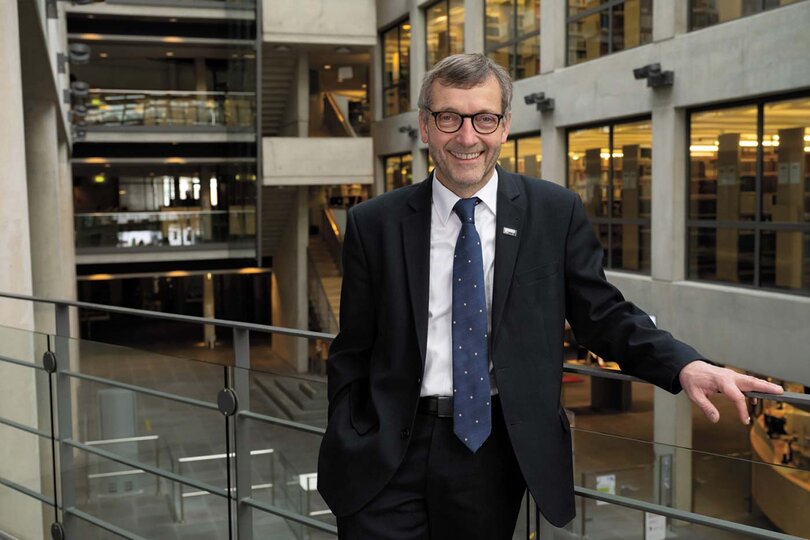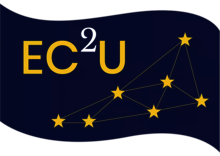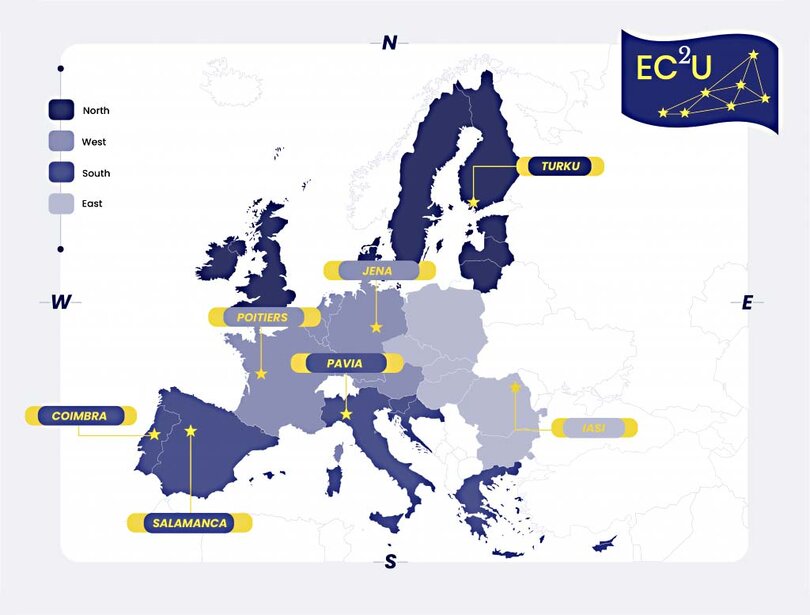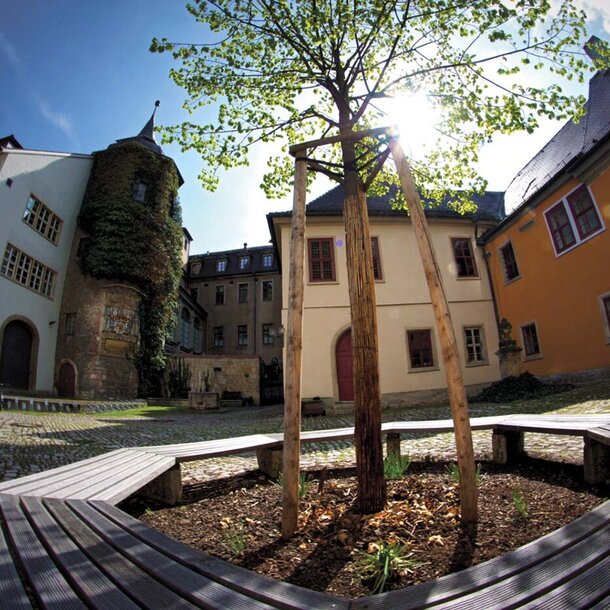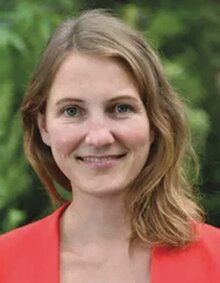Goals, content and their realisation
The overall strategy and the essentially identical communications strategies of the individual partner universities – they have «the same key messages, the same target groups, in some cases the same activities and identical, if not the same channels,» explains Kerstin Zippel from International Office – pursue three overarching goals. The first is to select appropriate channels, methods and tools to guarantee access to the target groups. The second involves consistently increasing awareness of the EC2U Alliance, and the third is to encourage active participation in EC2U activities.
A distinction is made between internal and external communications in the strategies and also at the University of Jena. «Internal communications are about target groups at the university, so our students, employees, teaching staff and researchers,» explains Zippel. «We reach these groups mainly through existing channels, but also through specially created media, such as websites, videos and podcasts, as well as print media, like flyers and brochures.» External communications, on the other hand, target citizens. We reach them through press releases, depending on the event through posters in the city, and through the channels of the associated project partners of the city of Jena and Jena Business Development. «We also try to involve Jena residents in the EC2U forums hosted alternately by each partner city, as well as in what we refer to as think tanks,» adds Claudia Hillinger. «In this format, we tackle topics that are currently important and relevant, such as sustainability and liveable cities.»
Implementation of the various measures is organised with the Jena EC2U coordination team headed by Claudia Hillinger, various areas of International Office and their communications officers, specifically the «Study Abroad» section, and the university communications department. The measures are also supplemented by the national support programme «European University Networks (EUN) – National Initiative», which is funded by the Federal Ministry of Education and Research and supported by DAAD. This programme supports the «Foster.European.Competences and Talents» (FECT) project, which in turn implements communications and awareness-raising measures for the university alliance. These include a newsletter for Jena University students which is published twice a semester and contains information about EC2U activities and calls for proposals for forums, summer schools or workshops.
![[Translate to English:] Bronzestatue von Friedrich Schiller vor dem Uni-Gebäude der Universität Jena](/fileadmin/Dateien/Euroletter76/Images/Header/TOP_Schiller.jpg)
